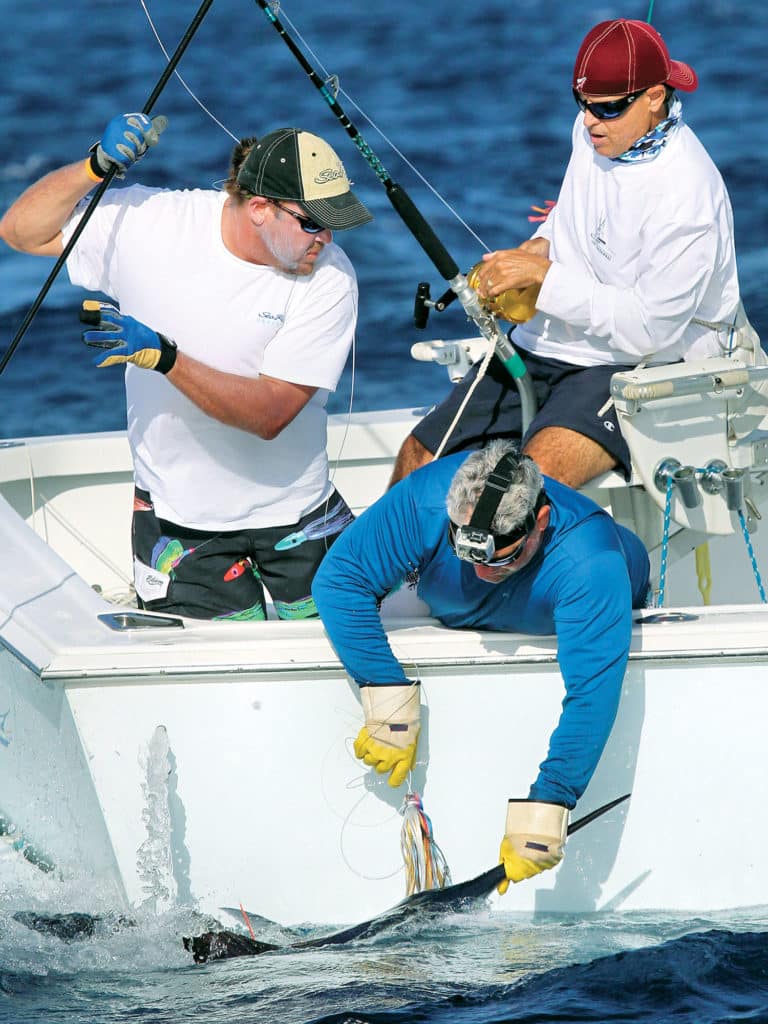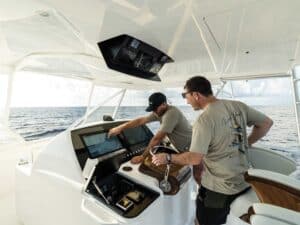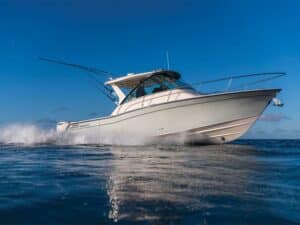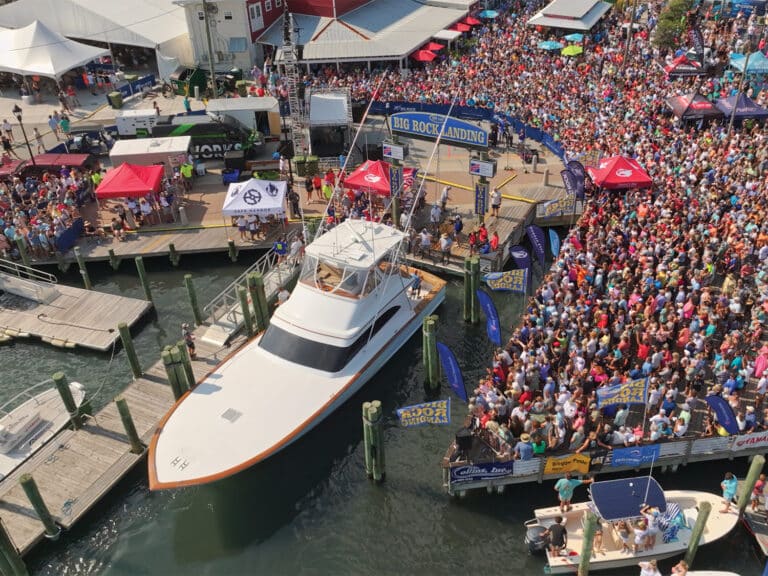
Captains and mates possess unique skill sets, and many work on sport-fishing boats without written employment agreements. Crew members work long hours, spend extensive periods away from home and face the perils of the sea on a daily basis. They are also responsible for the maintenance and upkeep of a complex and valuable asset. That being said, a written crew agreement for a full-time captain and mate is something all parties should consider.
Employee or Independent Contractor?
Though it might not affect the primary terms of an agreement, one of the first issues that should be determined is whether the crew member will be treated as an employee or an independent contractor. At its most basic level, an employee receives a net salary after his or her employer withholds income tax, Social Security and Medicare taxes. A full-time employee often receives additional benefits, such as health and disability insurance. On the other hand, an independent contractor does not have taxes withheld from compensation, nor does he receive direct benefits from the employer. Rather, a contractor submits his own self-employment taxes and pays for his own insurance. Captains and mates often prefer to be treated as independent contractors so they can write off various costs and expenses. If treated as such, all crew members should meet with a CPA or other tax professional to determine how best to track deductions and handle taxes.
Generally speaking, a crew member employment agreement is similar to what you would see in a typical job. The agreement covers the typical items: pay amount/method/frequency, the requirements of the position, expected skill sets, vacation policies, sickness and injury leave, insurance, termination clauses, governing law, length of the term, etc. On the other hand, some content in a crew member agreement is specific to that type of position. Each employment agreement will be structured a bit differently, depending on the specific position of the crew member and the type of operation on each boat. In other words, an agreement should reflect the kind of boat a crew member is on, whether it’s a private traveling boat, a charter operation, a tournament boat or perhaps a combination of several different types.
Traveling Operations
The parties should do their best to consider all possibilities and scenarios when negotiating the terms of the agreement. Naturally, an agreement on a traveling boat should address provisions, and accommodations, as well as certain expenses or transportation reimbursements required by the owner. However, the agreement cannot be general; it must be detailed and cover a variety of different circumstances. For example, perhaps the parties should consider if and in what scenarios the employer will pay for a crew member’s travel if his contract is terminated while out of the country. More specifically, maybe the owner agrees to pay for a crew member’s travel expenses back home unless the contract is terminated for specific causes or if leaving for a job on another boat. Of course, this is simply one possible scenario, but it provides some insight into the types of the things each party should consider when drafting the agreement.
Tournament Winnings
While every detail should be covered in an agreement, some topics garner the attention of the parties more than others. Perhaps the most contentious topic of negotiation other than salary in the sport-fishing industry is tournament winnings. In other words: How will the winnings be divided between the owner, captain, mate and other anglers or crew members who participate in a tournament? This can be done in a variety of ways, and it largely depends on the makeup of the boat’s crew. Regardless, the terms should be detailed in writing between the relevant parties, especially if the boat participates in numerous tournaments throughout the year.
It is not difficult to envision a scenario in which the parties disagree on how to divvy up winnings. With tournament purses commonly reaching into the seven figures, it is best not to rely on a verbal agreement when participating in events with such high stakes. If such a disagreement occurs, it will probably turn into a “he said, she said” type of situation with few options other than hiring an attorney and filing suit, which might not be practical depending on the amount of money involved in the debate.
When you consider the complexity of the operations we now have in the sport-fishing industry, owners and crew members should consider the use of written agreements when negotiating terms of employment. Certainly, many of the terms in a crew member employment agreement are straightforward and simple, but it is still imperative the parties’ expectations are outlined in writing before a possible situation arises.
Raleigh P. Watson is a contributing author, and a Partner at Miller Watson Maritime Attorneys.







